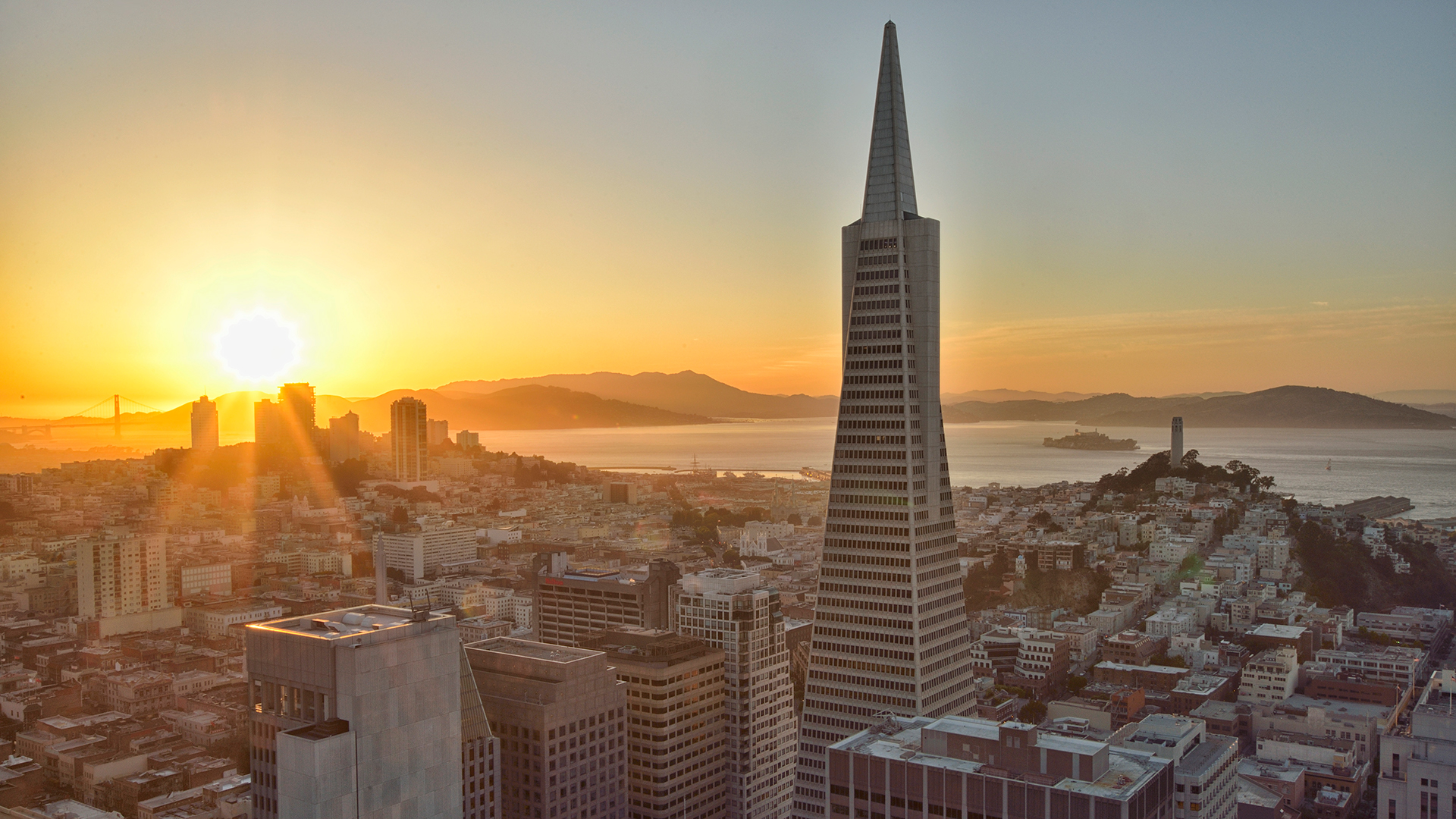

Dolphins have returned to Venice, Los Angeles’ trademark haze is gone, deer are wandering Japanese cities, and traffic, especially along traditionally packed commuter corridors, has all but disappeared. Mother Nature is making the best of our collective nightmares as the self-isolation necessary to combat the coronavirus pandemic has observably reduced human pollution to historic levels.
The viral outbreak began affecting the world’s pollution levels after a number of major cities and countries went on lockdown. China’s notoriously smog-filled municipalities, the first to be quarantined, saw an immediate clearing with the results visible from NASA’s Earth Observatory satellites. Italy’s country-wide lockdown has produced similar results as the normally jam-packed, bumper-to-bumper ancient streets lit up green like the Northern Lights.
Like China, Italy’s mandatory quarantine cut was even observed by the European Space Agency‘s satellites, with the agency later sending out a statement saying, “New data from the Copernicus Sentinel-5P satellite reveal the decline of air pollution, specifically nitrogen dioxide emissions, over Italy. This reduction is particularly visible in northern Italy which coincides with its nationwide lockdown to prevent the spread of the coronavirus.”
The statement added, “the reduction in emissions that we can see coincides with the lockdown in Italy causing less traffic and industrial activities.” ESA’s researchers also included the animation you see below showing the decreasing pollution.

Los Angeles, Beijing, Tokyo, London, New York City, Washington, and San Francisco followed as populations quarantined and stopped driving their automobiles. Trending on similar paths as those results above, Los Angeles’ haze has dissipated and its air quality saw immediate improvements.
I live in LA, and I’ve witnessed that trend firsthand since the city went into voluntary quarantine. I’ve noticed I can breathe better, too. And air quality is improving across the United States. The national air quality tracking site, AirNow.gov, has been providing real-time data on the U.S.’s conditions and shows tangible evidence of how the reduction of cars on the road has improved the nation’s air which you can see below.

The BBC is also reporting that researchers from Colombia University in New York City believe that the sidelining of much of the world’s cars has already contributed to a 50 percent reduction of greenhouse gases compared to the same time last year. One researcher told the BBC, “This is the cleanest I have ever seen it. It’s less than half of what we normally see in March.”
Outside the skies clearing, Italy’s waterways have made a massive comeback as well. In Venice, the city’s canals, which were recently dark and soupy, have returned to remarkable clarity. Citizens have been able to spot fish returning to the waterways, as well as swans. Italy’s coastal areas, which are normally replete with tourists and cruises, have seen the return of dolphins, too.
The quarantined human population has also had effects on animals, too. In Japan, Nara Park’s herd of a thousand sika deer have entered the surrounding cities. The deer are likely searching for food as most are usually fed by tourists, but they’re also reclaiming what was once was their habitat. And a herd of 14 elephants in China was so free to roam the countryside that they found a farm producing corn-based alcohol and proceeded to drink 30 kilos of the stuff before they drunkenly passed out in a nearby tea farm.
Other than giving us a much-needed break in our bleak social media feeds thanks to adorable animals, one researcher used the virus-affected pollution data from four major Chinese cities to calculate that this mandated reduction of mobility likely saved 77,000 lives. The research paper, which is hosted on G-Feed, a blog of seven scientists working in the areas of global food, water, health, and the environment, states, “that having 2 months of [pollution] reductions likely has saved the lives of 4,000 kids under 5 and 73,000 adults over 70 in China.” With more of the world continuing its coronavirus-induced quarantines for now, we’re likely to see even greater reductions.
We’re still grappling with our new reality and how it will likely continue for the foreseeable future. But how the environment is reacting to our reduced presence is a salient point of how we do indeed affect our world in harmful ways. These stories shouldn’t point to how badly our everyday lives are screwing it up or how some of us are attempting to make it even worse. Rather, it should also give us hope that when if we actually and meaningfully decide to reduce our impact and treat the threat of climate change seriously, we could see immediate results that better everyone’s lives.
Got a tip? Send us a note: tips@thedrive.com